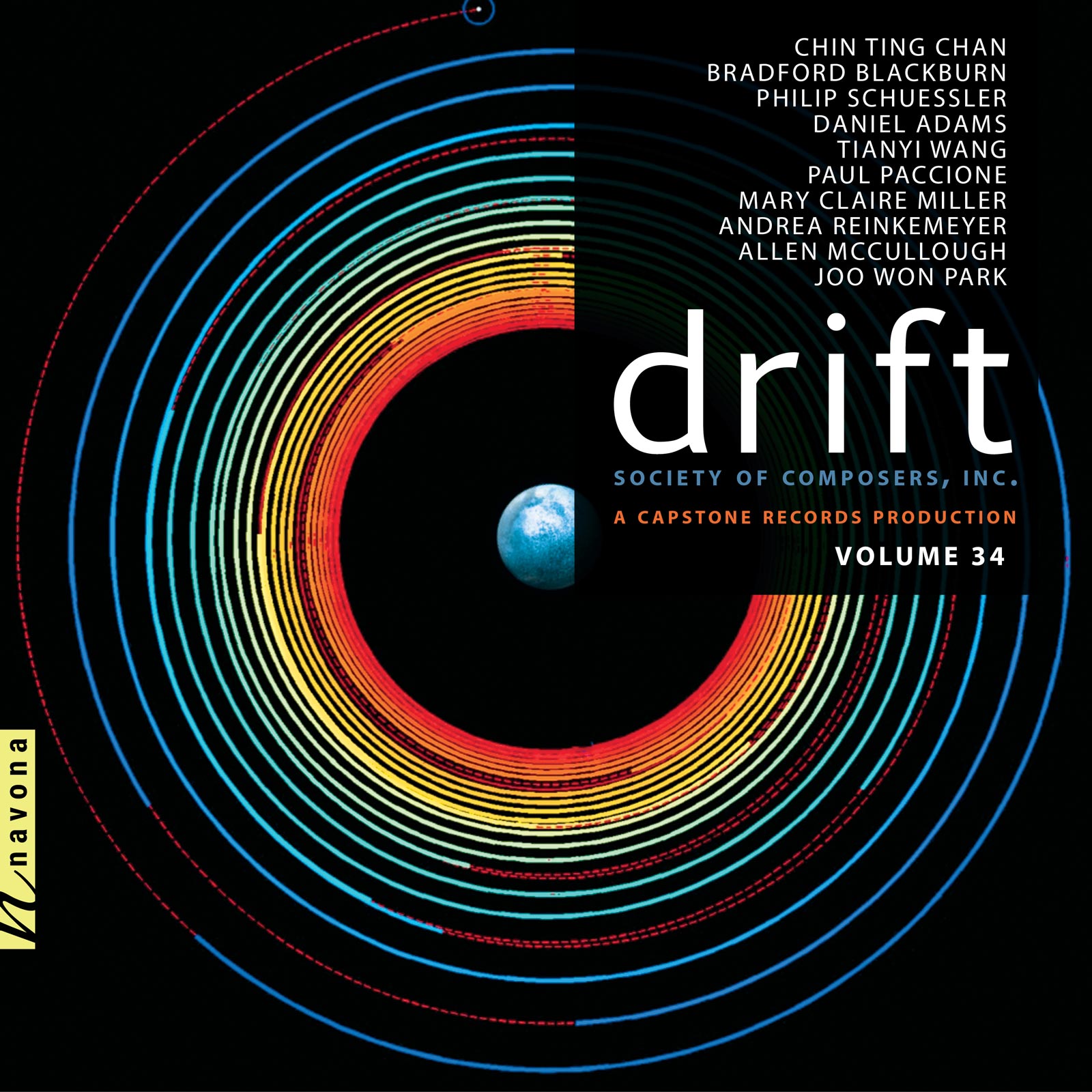
Share Album:
Drift
Chin Ting Chan composer
Bradford Blackburn composer
Philip Schuessler composer
Daniel Adams composer
Tianyi Wang composer
Paul Paccione composer
Mary Claire Miller composer
Andrea Reinkemeyer composer
Allen McCullough composer
Joo Won Park composer
The Society of Composers, Inc. continues its decades-long mission to promote and disseminate contemporary music on DRIFT, the 34th installment of the SCI Composers’ Series. DRIFT marks the 10th album in the series to release on Navona Records, and SCI continues to curate new works by luminaries that span generations.
This year’s album features pieces by 10 composers, whose compositions and instrumentations interweave and contrast to highlight the absolute breadth of styles that make up the fiber of contemporary music. Chin Ting Chan ponders ancient star interpreters through a wind ensemble, and Bradford Blackburn transforms poetry into music to document life in reverse. Philip Schuessler calls upon the performers to explore the contours of their instruments as they follow a uniquely notated single-line stave, and Daniel Adams pits clarinet against bass clarinet to explore the instruments’ contrapuntal relationship. Timbral variety is the focus for Tianyi Wang’s depiction of a dark rite, which leads to Paul Paccione delving into minimalism with uninterrupted droning and resonance. Mary Claire Miller’s electroacoustic work conjures the simple pleasure of playing cards on summertime evenings, then Andrea Reinkemeyer uses baritone sax, percussion, and piano to represent the beautiful-yet-violent life cycle of the luna moth. Allen McCullough’s piece for solo piano breathes musical life into a classic children’s tale, and Joo Won Park closes out the album with a guitar-voice duo representing the effects of hunger.
As their track record shows, SCI is no stranger to innovatively blending genres, and DRIFT is no exception.
Listen
Stream/Buy
Choose your platform
Track Listing & Credits
| # | Title | Composer | Performer | |
|---|---|---|---|---|
| 01 | Falling Stars | Chin Ting Chan | Ball State University Wind Ensemble | Caroline Hand, conductor | 7:43 |
| 02 | Chimera | Bradford Blackburn | NOW Ensemble | Alex Sopp, flute; Alicia Lee, clarinet; Mark Dancigers, electric guitar; Michael Mizrahi, piano; Logan Coale, bass | 5:42 |
| 03 | Hymn for the Arc Harvester | Philip Schuessler | Southeastern Contemporary Music Ensemble | Keri Devilynn, contrabass; Nathan Parrish, flute; Chelsea Petho B-flat, clarinet; Madeleine Wanner, contrabass; Lian Warner, alto saxophone; Lindsey Willard, B-flat clarinet; Carmen Vessel, vibraphone; Philip Schuessler, conductor | 4:55 |
| 04 | Reflecting Pool | Daniel Adams | Christopher Nichols, clarinet; Christy Banks, bass clarinet | 6:47 |
| 05 | Dark Blessing | Tianyi Wang | Maria Sampen, violin; Alistair MacRae, cello; Tanya Stambuk, piano | 6:21 |
| 06 | Saint John Turned to See the Sound (Version for Mixed Chorus) | Paul Paccione | Western Illinois University Singers | James Stegall, conductor | 5:30 |
| 07 | Cards | Mary Claire Miller | Electroacoustic composition | 7:29 |
| 08 | Wild Silk | Andrea Reinkemeyer | Jeffrey Heisler, baritone saxophone; Isabelle Huang, percussion; I-Chen Yeh, piano | 9:57 |
| 09 | The Ugly Duckling | Allen McCullough | Elizabeth Pridgen, piano | 9:19 |
| 10 | Hungry | Joo Won Park | Elena Hensel, voice; Bianca Pokrzywa, guitar | 5:12 |
FALLING STARS
Recorded March 16, 2017 at Kauffman Center for the Performing
Arts in Kansas City MO
Recording Session Engineer Bob Beck
CHIMERA
Recorded October 5, 2016 at Sykes Chapel, The University of Tampa in Tampa FL
Recording Session Engineer Bradford Blackburn
HYMN FOR THE ARC HARVESTER
Recorded April 30, 2019 at Southeastern Louisiana University in Hammond LA
Recording Session Producer and Engineer Philip Schuessler
REFLECTING POOL
Recorded August 25-29, 2018 at Chad Kinsey Recording Studio in Lancaster PA
Recording Session Engineer Chad Kinsey
DARK BLESSING
Recorded March 3, 2018 at Schneebeck Concert Hall in Tacoma WA
Recording Session Engineer Aidan Glaze
SAINT JOHN TURNED TO SEE THE SOUND
Recorded February 25, 2012 at the College of Fine Arts and Communication Recital Hall, Western Illinois University in Macomb IL
Recording Session Engineer Rick Chitty, Comprehensive Sound Services
CARDS
Composed December 2018 at Bowling Green State University in Bowling Green OH
WILD SILK
Recorded February 26, 2016 at Bryan Recital Hall, Bowling Green State University College of Musical Arts in Bowling Green OH
Recording, Editing, and Mixing Engineer Mark Bunce
THE UGLY DUCKLING
Recorded November 20, 2010 at Fickling Recital Hall, Mercer University in Macon GA
Recording Session Engineer Ian Altman
HUNGRY
Recorded December 5, 2018 at Wayne State University Recording Studio in Detroit MI
Producer and Engineer Joo Won Park
Text Jenifer Debellis
Producer Travis Garrison
SCI President Mark Phillips
SCI Executive Committee Chair Carter John Rice
Executive Producer Bob Lord
Executive A&R Sam Renshaw
A&R Director Brandon MacNeil
VP, Audio Production Jeff LeRoy
Audio Director Lucas Paquette
Mastering Shaun Michaud
VP, Design & Marketing Brett Picknell
Art Director Ryan Harrison
Design Edward A. Fleming
Publicity Patrick Niland, Sara Warner
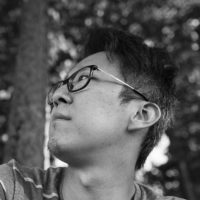
Chin Ting Chan
Hong Kong-American composer Chin Ting Chan (b. 1986) has been a fellow and guest composer at festivals such as IRCAM's ManiFeste (Paris, 2013/2018), the ISCM World Music Days Festival (Tongyeong, 2016; Tallinn, 2019), and UNESCO International Rostrum of Composers (Tallinn, 2015).
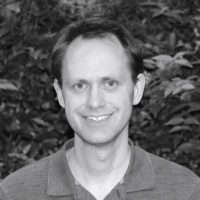
Bradford Blackburn
BRADFORD BLACKBURN is an Associate Professor of Music, Theory and Technology, at The University of Tampa, where he coordinates the music technology, composition, and contemporary performance programs, and has served as chair for the Music Department.
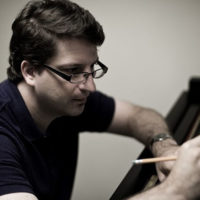
Philip Schuessler
PHILIP SCHUESSLER’s music explores the intricacies of subtle timbres and delicate dynamics through extended acoustic and electro-acoustic resources. Many world-renowned artists and ensembles such as Yarn/Wire, Timetable, Mantra Percussion Ensemble, Dither Guitar Quartet, Hypercube Ensemble, Pesedjet, Iktus Percussion, violinist Graeme Jennings, cellist Craig Hultgren, and soprano Tony Arnold have championed his music.
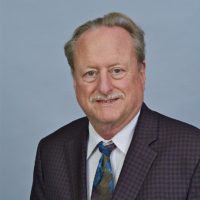
Daniel Adams
DANIEL ADAMS (b. 1956, Miami, FL) is a Professor of Music at Texas Southern University in Houston. Adams holds a Doctor of Musical Arts (1985) from the University of Illinois at Urbana-Champaign, a Master of Music from the University of Miami (1981) and a Bachelor of Music from Louisiana State University (1978).
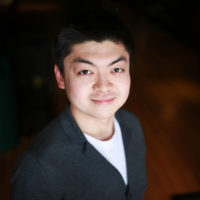
Tianyi Wang
Born in China, Tianyi Wang is an award-winning composer, conductor, and pianist, whose music vocabulary is diverse and much inspired by subjects beyond music. Tianyi’s repertoire spans over solo, chamber, choral, orchestral, and electronic, as well as film scoring.
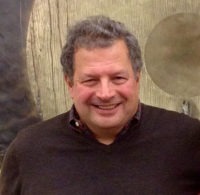
Paul Paccione
PAUL PACCIONE is Professor Emeritus in Music Theory and Composition at Western Illinois University, Macomb. He holds degrees from the Mannes College of Music, the University of California, San Diego, and the University of Iowa, where he received the PhD in 1983.
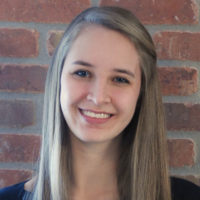
Mary Claire Miller
MARY CLAIRE MILLER (b. 1995) grew up with seven siblings on a small farm in northwest Ohio. She began studying piano when she was eight years old and continued studying music at Xavier University in Cincinnati, Ohio. There, Mary Claire was awarded Xavier’s Presidential and McCauley Music scholarships and graduated summa cum laude with a Bachelor of Arts in Music.
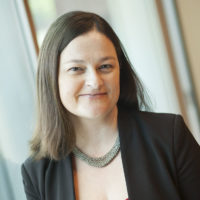
Andrea Reinkemeyer
The music of American composer Andrea Reinkemeyer (b. 1976) “explores a reverent sound world that hovers just above the brink of silence” (Maggie Molloy, Second Inversion) and expresses “a gamut of emotions… from reverence and supplication to mournfulness and despair” (textura); it is “clever, funky, jazzy and virtuosic” (Geraldine Freeman, Schenectady Daily Gazette) and “hauntingly melodic and fun, dancing and almost running its way forward” (Marc Medwin, Fanfare).
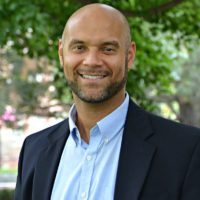
Allen McCullough
DR. ALLEN MCCULLOUGH, b.1978, is an active composer and pedagogue, currently teaching through the Patti and Rusty Rueff School of Design, Art, and Performance at Purdue University in West Lafayette, IN.

Joo Won Park
DR. JOO WON PARK is an Assistant Professor of Music Technology at Wayne State University. He studied at Berklee College of Music (B.M.) and University of Florida (M.M. and Ph.D.) and has previously taught in Oberlin Conservatory, Temple University, Rutgers University Camden, and Community College of Philadelphia.
